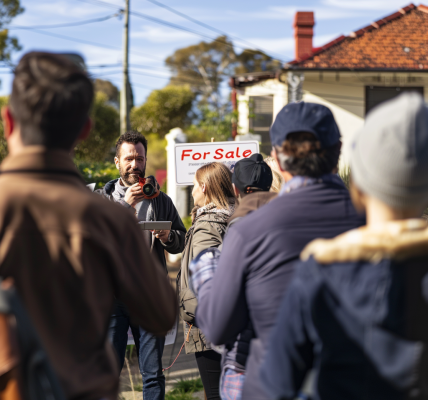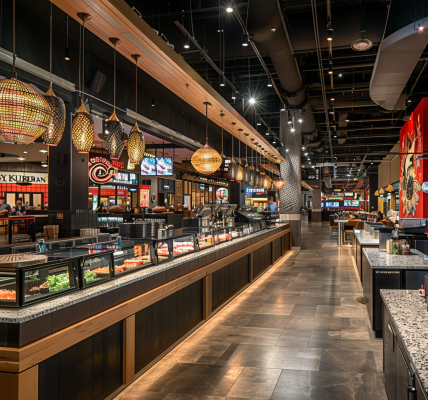Proposed Changes in Online Gambling Tax: What Does This Mean for the Netherlands?
Since the legalization of online gambling in the Netherlands, discussions have been ongoing regarding the gambling tax. Advocates for higher gambling taxes argue that it could help deter excessive gambling, while opponents suggest that increased taxes may drive players towards illegal online casinos.
The latest proposed changes in the provisional coalition agreement aim to further regulate and optimize the Dutch gaming market. These changes are set to have implications not only for players but also for gambling operators. Let’s delve deeper into the proposed changes and their potential impact on the sector.
One of the significant changes outlined in the budget of the provisional coalition agreement is the proposed increase in the tax rate for gambling. The current rate of 30.5% is set to be raised to 37.8%. However, earnings up to €449 will remain exempt from taxation. These changes are a response to the surging popularity of online gambling in the Netherlands. The objectives behind these adjustments include boosting the state’s revenue and discouraging excessive gambling. It is estimated that the tax increase could generate around €202 million in annual revenue for the state.
While the government’s intention to curb excessive gambling among Dutch players is clear, the anticipated outcomes may not align with expectations. Key stakeholders in the Dutch casino industry have cautioned that many players may opt to shift to ‘online casinos zonder Cruks.’ These offshore online casinos operate beyond the Dutch legal framework, making it challenging for the Netherlands to levy taxes on winnings from such platforms.
Furthermore, apart from the rate hike, the tax liability for winnings at casinos zonder Cruks will be upheld. This implies that players will remain accountable for paying gambling taxes on winnings from these offshore online casinos. In practice, only a minimal number of players report their profits from international online casinos. In contrast, when players gamble at a casino licensed by the Dutch Gaming Authority, the casino handles the tax obligations.
The response from the casino industry to the proposed increase in gambling tax has been mixed. Many operators express concerns about the potential impact of higher taxes on their businesses. They worry that increased costs could lead to higher consumer prices, potentially resulting in a decline in player engagement.





